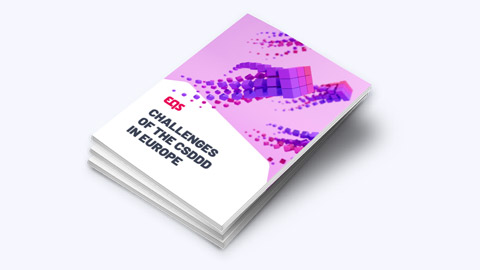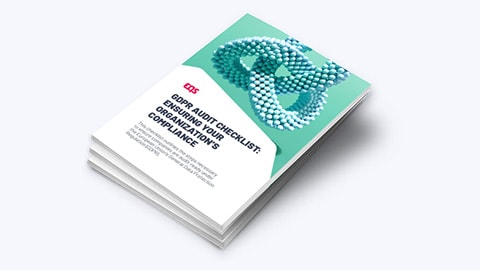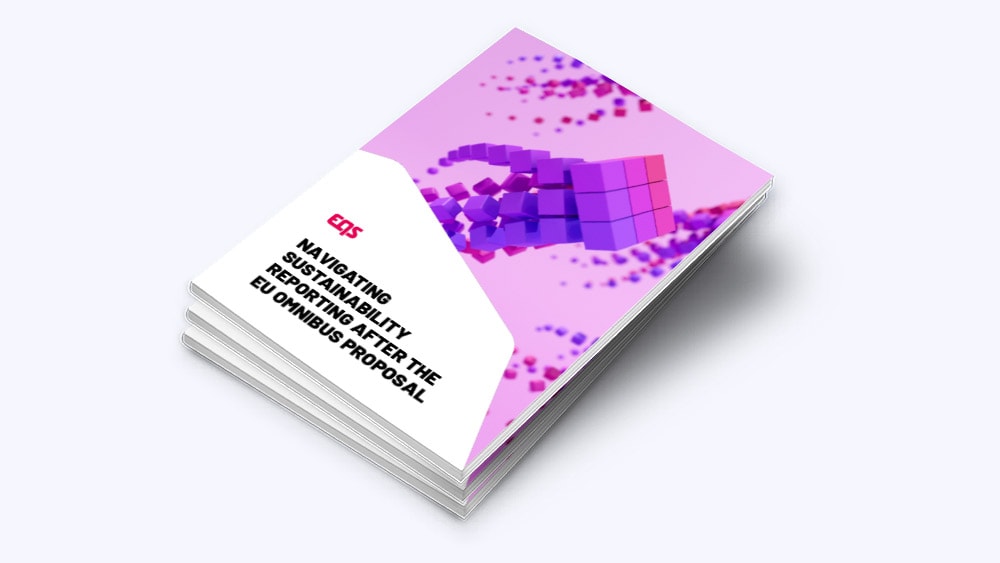French Anti-Corruption Agency (AFA): Guide on Corporate Gifts & Invitations
Key points of the new guide

In many parts of the world, giving gifts or inviting business partners to special occasions is part of the business culture. For employees this often comes with uncertainty. What type of gift or invitation is acceptable, and when might this become a compliance problem?
French Anti-Corruption Agency (AFA): Practical guide on corporate gifts and hospitality policies
On 11th September 2020 the French Anti-Corruption Agency (AFA) published its practical guide on the subject of gifts and hospitality called: “La politique cadeaux et invitations dans les entreprises, les EPICs, les associations et les fondations“. This guide, which was subject to a public consultation, supports companies in defining and implementing an effective gifts and hospitality policy with internal rules and procedures to prevent corruption within their organisations.
Gifts and Hospitality Policy: A Tool for Managing Corruption Risk
According to the guide it is essential for companies to have a clear policy on gifts and hospitality consistent with their risk assessment and should be part of the Code of Conduct required by Sapin II. The Code of Conduct may include or repeat elements of your gifts and hospitality policy, may expressly refer to the gifts and hospitality policy (or vice versa), or indeed even annex it.
The gifts and hospitality policy should also be consistent with other policies, such as those related to expense accounts or sponsorship, for example.
While the gifts and hospitality policy is intended for all persons performing duties within the organisation, the rules may vary depending on the position a person holds (for example, there may be stricter rules for purchasing functions because these roles are exposed to greater corruption risk).
The AFA recommends making this policy public so that suppliers and third parties understand the company’s commitment to preventing corrupt practices. And, of course, it is essential that top management also lives by these guidelines (ensuring “tone from the top”).
Rules on giving and receiving gifts and hospitality
When drafting your gifts and hospitality policy, the AFA recommends including concrete examples relevant to your company’s industry and its employees. These can be meals in a restaurant, invitations to cultural or sports events, payment of travel expenses, financial loans and many more. Situations like these should be illustrated in the policy using easy-to-understand examples (see also our guide on managing internal policies and procedures).
The policy should also include substantive and procedural criteria for assessing whether a gift or hospitality invitation is a mere courtesy or an attempt at bribery:
1. Substantive elements:
- The purpose of the gift or invitation. Gifts or hospitality may not be offered with a view to accomplishing / not accomplishing something falling within the scope of the function of the recipient. If so, this might mean it qualifies as an act of corruption. Gifts should not be offered in return for a favour from the person receiving the gift.
- The value of the gift or hospitality
- The organisation can set a threshold beyond which the gift or invitation must be refused.
- This threshold can be a specified amount or within a range. These are easily understood by both employees and third parties. However, it is sometimes difficult for the recipient to accurately assess the value of a gift or invitation.
- If the organisation chooses not to set a numeric threshold, the AFA validates the possibility of using qualifiers (such as symbolic, reasonable, modest, low) but given the imprecise nature of this type of threshold recommends giving illustrations, so that the rule can be understood by all relevant parties.
- The frequency of gifts and hospitality. The AFA recommends that the company sets a maximum number of gifts and invitations that can be received from the same third party by the same person during a given period. The company may also require the recipient to seek authorisation from his or her superior before accepting a second gift or invitation.
2. Procedural elements:
If the company decides to permit gifts and hospitality, it is important to implement an authorisation procedure.
- Personal assessment: Individual decisions are made based on context and circumstances, without central guidance.
- Thresholds beyond which authorisation is required: Companies set monetary thresholds. Below these thresholds gifts and invitations would normally be acceptable, above these thresholds they must be approved by a line manager or the compliance department.
According to the AFA, “the sheer volume of declarations or authorisation requests may require the organisation to acquire a software tool to manage these processes”. Dedicated software is now available to help companies easily and efficiently manage all validation and approval processes, thus considerably reducing the workload for all those involved.
The AFA recommends a gift and hospitality register
The AFA advises companies to set up a gift and hospitality register listing the gifts, invitations and other benefits they receive. The data in the gift register must be prepared in such a way that AFA can easily audit it. This information includes
- Name
- Organisation of the recipient and their function
- Name, function and organisation of the gift giver
- Nature and value or estimated value of the gift or hospitality
- Date the gift was accepted
In addition, a gift and hospitality registry allows the organisation to maintain an overview of the frequency of gifts and invitations from any third party. This enables the organisation to better detect acts of corruption and use effective prevention measures.
Further good practice recommendations for managing gifts and hospitality
Besides creating the policy and a software-supported gift register, another very important point is training employees and managers. Even the best digital process or tool will not eliminate corrupt practices if employees are not properly trained and aware of potentially difficult situations.
To determine whether a gift or invitation may pose a problem, AFA calls on employees to ask themselves the following questions and to ask their supervisor if they are unsure: What is the approximate value of the item? Would I be embarrassed if my peers learned that I received it? Have other gifts or invitations been offered by the same person or organisation in recent months? Is the gift or invitation, by its value or frequency, likely to affect the performance of my duties or damage the reputation of the organisation? What is the context of the proposal? Is the gift or invitation offered as a courtesy or for business purposes or to obtain special consideration? When is it offered? Would I make the same decision were it not for the gift or invitation? If the answer to any of these questions is yes, accepting the gift or invitation is probably not a good idea.
The organisation is advised to communicate, by any means, its policy to all persons to whom it applies (see also our guide on managing internal policies and procedures). If the policy of the French parent company is applied in its subsidiaries located abroad, it must be translated into the language understood by the employees, incorporating, where appropriate, the specific rules applicable in these locations.
To ensure that the authorisation procedure is effective, companies must actively monitor employees’ compliance with it. This can be achieved with control mechanisms that could include hierarchical (management) control, accounting control and internal control and audit.
The AFA guide should help – not only French – companies to critically examine their current practice on gifts and hospitality and sets reliable guidelines and best practices. Following the guide is an important step in making sure the company’s compliance programme meets the requirements of Sapin II. And, of course, it helps to safeguard company reputations and reduce compliance risks, something which always pays off.

How to effectively create, implement and communicate compliance policies and measure the success of your policy program – for everyone who is responsible for Compliance policies in their organization





